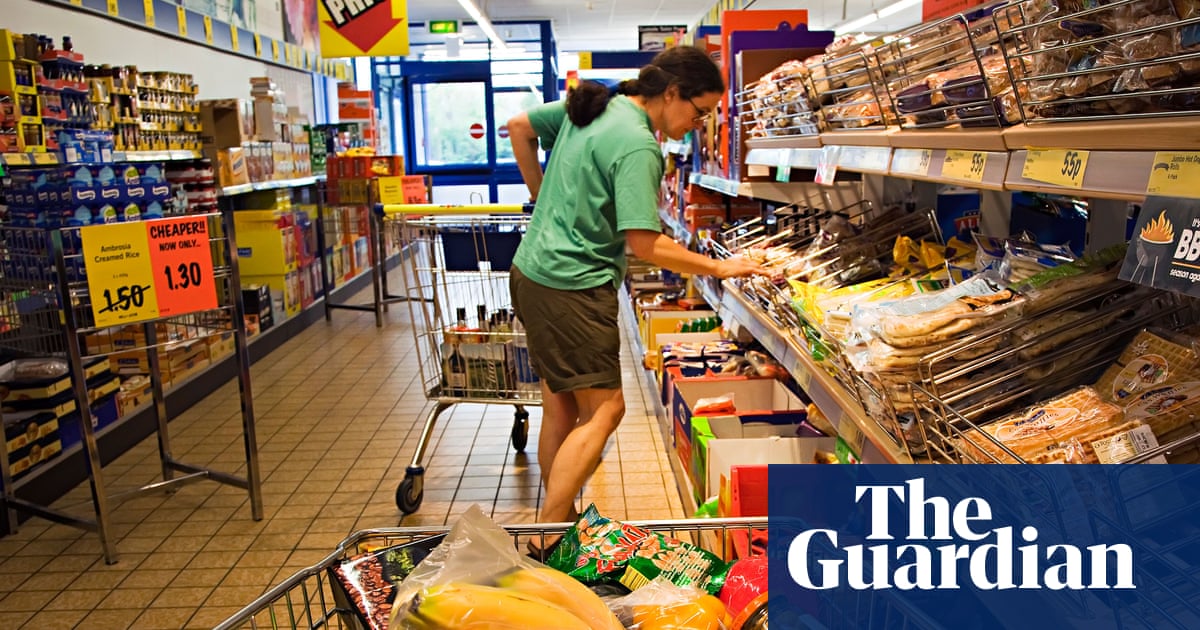
"Inflation rose again last month to a higher than expected 3.8% amid higher food prices and travel costs, adding to fears that the Bank of England will delay further interest rate cuts. Figures showed the annual rate as measured by the consumer price index (CPI) climbed from June's 3.6% reading, sitting above the central bank's 2% target for the 10th consecutive month."
"That overshot financial market forecasts of a 3.7% figure for July and all but rules out another reduction in the cost of borrowing this year, with financial markets not fully pricing in the chance of a fresh quarter-point cut until next spring. The data also suggests rail fares are likely to rise by 5.8% next year. Increases in regulated train ticket prices are usually calculated by adding one percentage point to July's inflation reading as measured by the retail prices index, which was 4.8%."
"Tickets on flights out of the UK rose 30% month on month, though much of the increase was due to the timing of the summer holiday break. Petrol prices nudged prices higher after a comparison with last year, when prices at the pumps were falling. Food and non-alcoholic beverages were up 4.9% year on year in July, an increase from 4.5% in the 12 months to June."
CPI inflation rose to 3.8% in July, up from June's 3.6%, remaining above the Bank of England's 2% target for the tenth consecutive month. The result exceeded market forecasts of 3.7% and effectively rules out another interest-rate reduction this year, with markets not fully pricing a further quarter-point cut until next spring. The RPI reading of 4.8% implies regulated rail fares could increase about 5.8% next year. Airfares jumped 30% month-on-month, petrol comparisons pushed prices up, and food and non-alcoholic beverages rose 4.9% year-on-year amid drought-driven produce shortages in southern Europe. The Bank of England cut rates to 4% earlier this month, but several MPC members voted to hold, and July's CPI rise is likely to postpone future cuts into 2026.
Read at www.theguardian.com
Unable to calculate read time
Collection
[
|
...
]